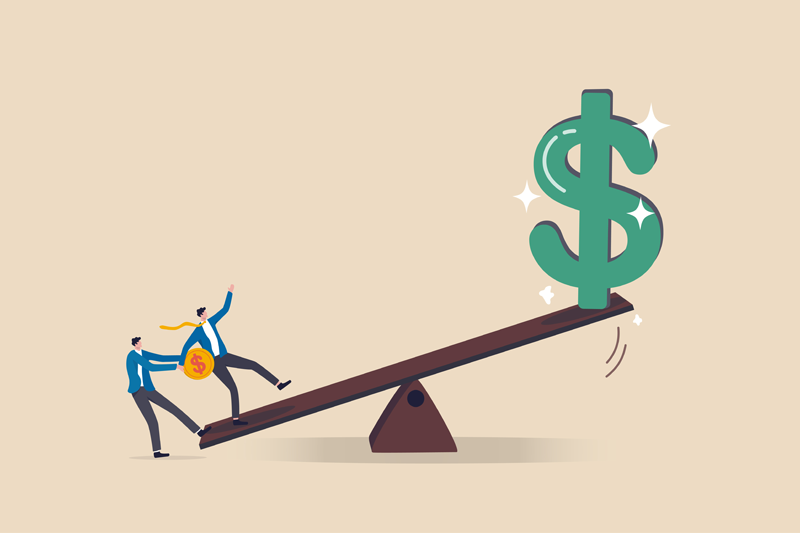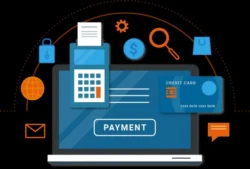When a company invests to increase its asset base and earn returns on risky investments, it uses lent capital as a financing source. Leverage is an investment tactic that involves leveraging borrowed money, specifically, different financial instruments or borrowed capital, to boost an investment’s potential return.
How leverage can be used
The use of debt (borrowed capital) to finance an acquisition or operation is known as leverage. As a consequence, the project’s future returns are multiplied. Simultaneously, debt increases the future downside risk if the investment does not work out. When a firm, a property, or investment is defined as “highly leveraged,” it means it has more debt than equity. Both consumers and businesses use the idea of leverage. Investors use equity to boost the amount of money they will make from a given stake. They use a variety of tools to leverage their portfolios, including stocks, futures, and margin accounts. Leverage can be used to fund a company’s investments.
To put it another way, instead of selling shares to collect money, businesses should use debt finance to invest in their activities in order to maximize shareholder equity. However, sometimes or mainly it is difficult for the inexperienced trader to do it solely, without the help of a brokerage company, this is why it is necessary to thoroughly read, for example, XM broker review that would assist the newcomer with the proper help. Investors who are unable to use leverage directly may use leverage implicitly in a number of ways. They will invest in businesses that use leverage to fund or increase activities in the usual course of business without raising their outlay.
Disadvantages of Using Leverage
Leverage is a multifaceted and intricate instrument. The idea sounds fantastic, and using leverage can be lucrative in fact, but the opposite is also true. Both gains and losses are magnified by using leverage. When a creditor uses debt to make a purchase and the purchase goes against them, their cost is much worse than it would have been if they hadn’t leveraged the purchase.
As a result, first-time buyers should stop using leverage until they have more expertise under their belts. An organization may use leverage to create shareholder capital in the corporate world, but if it fails to do so, interest cost and the possibility of default kill shareholder value. The biggest benefit of leverage is that it allows you to profit in the foreign exchange market with a small initial investment. At the same time, it should be remembered that if money management laws are broken, a trader’s deposit can be wiped out in a matter of minutes. As a result, learning all about this tool and how to use it correctly is still a smart idea.
Taking on so much power may have negative consequences. Although there are no formal laws, protocols, or limits on the amount of power that can be used, it is important to use it responsibly. When used properly, leverage is a valuable weapon that can help consumers and businesses expand their investments together.
Summing It Up
Finally, to sum up, leverage will help you maximize your earnings if you use it wisely. However, if you use it wrongly, you can find yourself in financial trouble. If you want more help with saving or other aspects of your financial wellbeing, you may want to consider partnering with a financial planner, in this case, brokerage companies that are quite a lot on the market.
The final advice is that before starting investing, you can build a personal asset allocation plan. This entails determining what proportion of the total portfolio each form of investment would occupy. This should be in line with your level of risk tolerance. Acting according to the plan and strategy is the main key to a successful trading or investing process.







